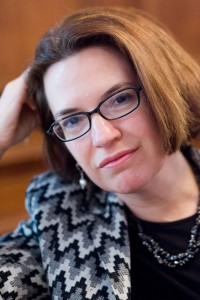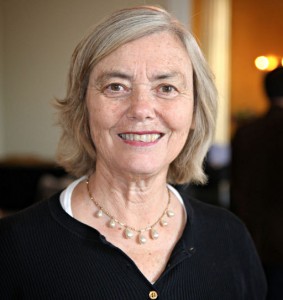This year’s topic: FLEXPERTISE: Developing Adaptive Practices in Organizations
Effective performance in these changing environments requires “flexpertise.” When individuals or organizations have “flexpertise,” they can deploy expert as well as key basic knowledge flexibly and effectively, especially in the face of changing circumstances and the unknown.
This theme will explore key questions about the nature of individual and collective forms of flexpertise and how leaders and organizations can better develop it. It will seek to answer question such as: What are the benefits and drawbacks of expertise? How do experts get stuck? What is flexpertise? Why is it important? How is it developed in individuals, groups, and organizations? What are the conditions that trigger the awareness to apply expertise more creatively or flexibly, or to even veer away from the expert answer? Members will engage with a broad range of researchers from cognitive and social sciences, organizational development, and with provocative case studies from a variety of settings as we explore our three sub-topics.
Guest Speakers: Dr. Deborah Ancona and Dr. Kathy Eisenhardt
 Dr. Deborah Ancona is the Seley Distinguished Professor of Management, a Professor of Organization Studies, and the Director of the MIT Leadership Center at the MIT Sloan School of Management. Her pioneering research into how successful teams operate has highlighted the critical importance of managing outside, as well as inside, the team’s boundary.Professor Ancona has spent the last year researching the competitive advantage of dynamic capability leaders. Says Ancona, “The greatest strength of a dynamic capability leader is their ability to filter through all the fast moving information that flows within and outside of the organization, recognize opportunities, and capitalize on them.”
Dr. Deborah Ancona is the Seley Distinguished Professor of Management, a Professor of Organization Studies, and the Director of the MIT Leadership Center at the MIT Sloan School of Management. Her pioneering research into how successful teams operate has highlighted the critical importance of managing outside, as well as inside, the team’s boundary.Professor Ancona has spent the last year researching the competitive advantage of dynamic capability leaders. Says Ancona, “The greatest strength of a dynamic capability leader is their ability to filter through all the fast moving information that flows within and outside of the organization, recognize opportunities, and capitalize on them.”
 Dr. Kathleen Eisenhardt is the Stanford W. Ascherman M.D. Professor at Stanford University and Co-Director of the Stanford Technology Ventures Program. She is also a visiting faculty member within INSEAD’s Entrepreneurship and Family Enterprise area. Professor Eisenhardt’s current research centers on collaboration and competition in the converging computing, telecommunications, and semiconductor industries, from the perspectives of complexity, evolutionary and game theories. Her work on the micro-foundations of performance in dynamic environments and how leaders manage the fundamental tension between efficiency and flexibility are especially relevant to the exploration of the theme of Flexpertise.
Dr. Kathleen Eisenhardt is the Stanford W. Ascherman M.D. Professor at Stanford University and Co-Director of the Stanford Technology Ventures Program. She is also a visiting faculty member within INSEAD’s Entrepreneurship and Family Enterprise area. Professor Eisenhardt’s current research centers on collaboration and competition in the converging computing, telecommunications, and semiconductor industries, from the perspectives of complexity, evolutionary and game theories. Her work on the micro-foundations of performance in dynamic environments and how leaders manage the fundamental tension between efficiency and flexibility are especially relevant to the exploration of the theme of Flexpertise.
To register for the LILA Summit, please contact Amanda Nourse.
